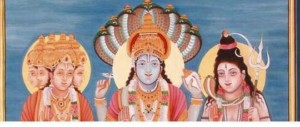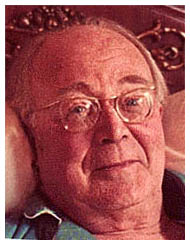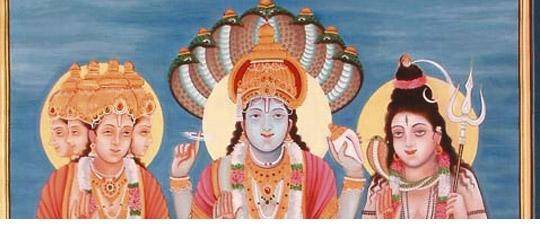 John Levy
John Levy
There are people who count the number of adherents to all religions and then make comparisons. There are others who see which religion has its followers amongst the greatest number of the nations and draw conclusions. But I would ask you to consider which religion embraces the widest variety of human types.
Allowance must be made for the differences in nature between one man and another; the causes of these must also be considered. These causes come down from previous lives and this explains the more or less advanced state of human development in each man and his various tendencies. These tendencies have to be worked out and because at present what is known as the Hindu religion exists only in one place on earth, people may be born in other places as members of other religions in circumstances other than those to be found in India.
When looked at from this aspect, it is clear that there is only one religion whatever name it gets. It is noticeable throughout the world that the higher a man rises spiritually, the more he approaches the corresponding degree in the basic religion, basic because it is at once the most ancient, the most constant and the most generally expressive of all, but chiefly because it is the highest. If a man goes quite beyond limitation, he goes beyond degrees and therefore beyond religion itself. The Hindu conceptions of doctrine and practice alone can take him there.
How is that? Is it not because it is always understood that religion is not an end but a means? Other religions cling to their practice or else to their ideas, but the two never seem to rise together as one, accompanying the seeker until they serve no more purpose. They are often in conflict. How so? Because other religions depend in part or wholly upon the teachings of a master given centuries ago to suit people of some other time and place whereas this religion has an unbroken line of masters, each perfect, who can express the truth and prescribe practices to suit each single individual according to his need.

The past is always respected and always followed, but not so as to cover up the present. The truth is known to be ever-present and therefore the Hindu religion is evergreen. It might be objected that in no other religion is there so much that is base and obsolete. If it is so, I would not object: it embraces every possibility. But there is no other religion that is so elevated. The essential Hindu religion is known as Vedanta (Advaita) or the end of knowledge. All the rest is at most a preparation; it cannot be compared with other religions however since it has Vedanta in its midst as its flower.
It cuts through all suffocating ritual and the dusty books and traditions of ordinary religion; it breathes fresh air. The only requisite is earnestness and sincerity. In the true Hindu, sincerity is the true orthodoxy. Thus all sincere souls are Hindus, whatever they are called and wherever they may be. That is why I call Hinduism the universal religion. Or perhaps it would be better to call the universal religion Vedanta, since it is not limited to any place, as the word Hindu suggests.
Excerpted from ‘Immediate Knowledge and Happiness – Hindu Doctrine of Vedanta.’ John Levy (1910-1976) was a British mystic, artist, and musician, best known for translating the works of his guru Sri Atmananda Krishna Menon, Atma Darshan and Atma Niviriti into English.







